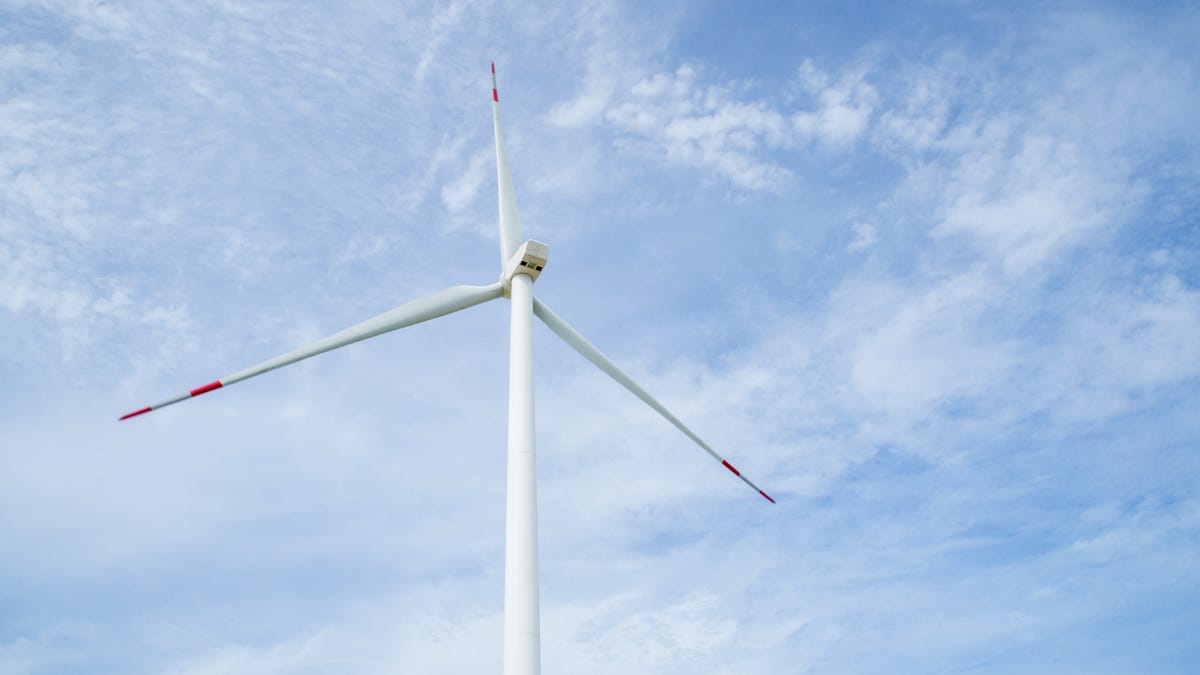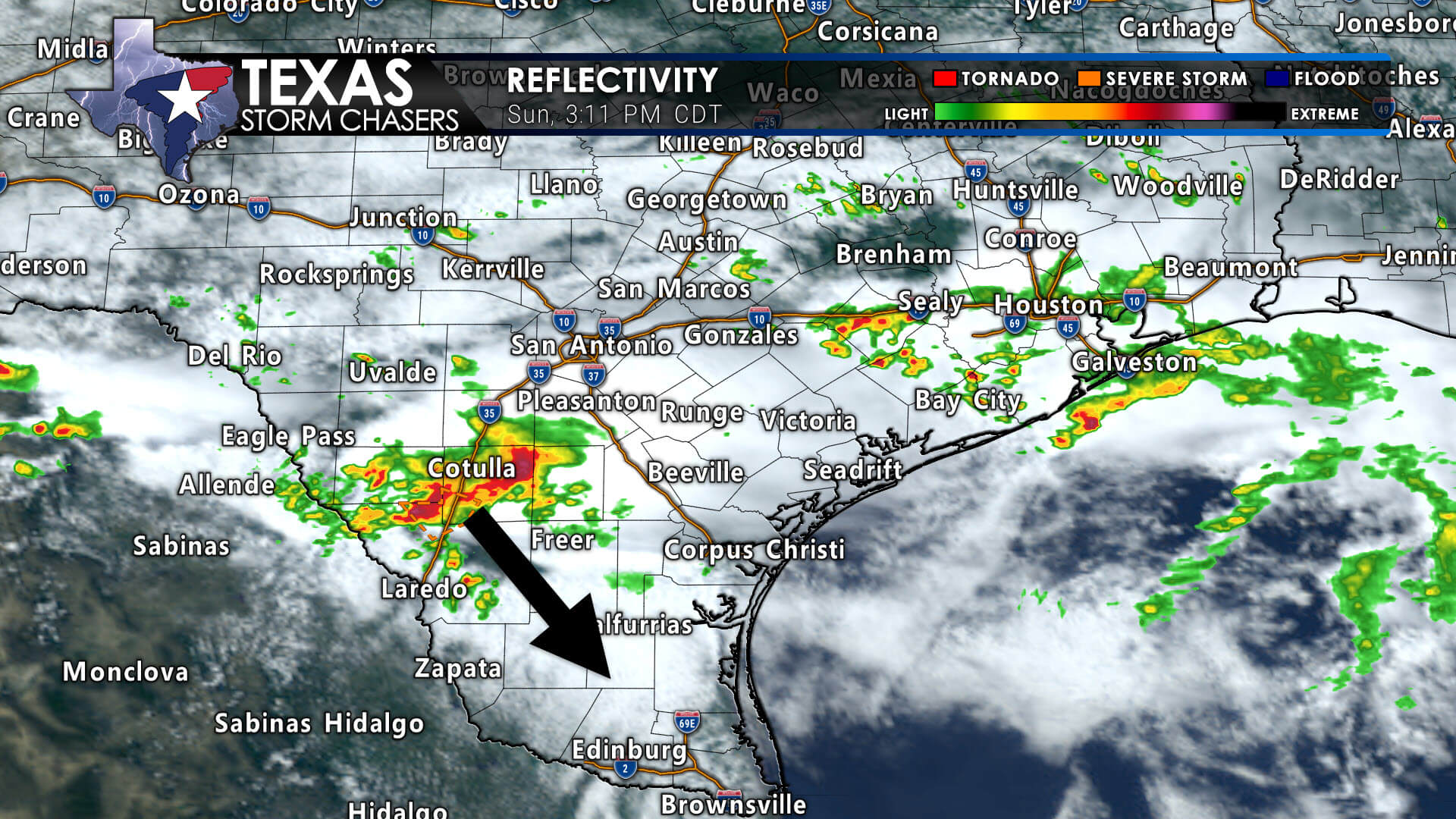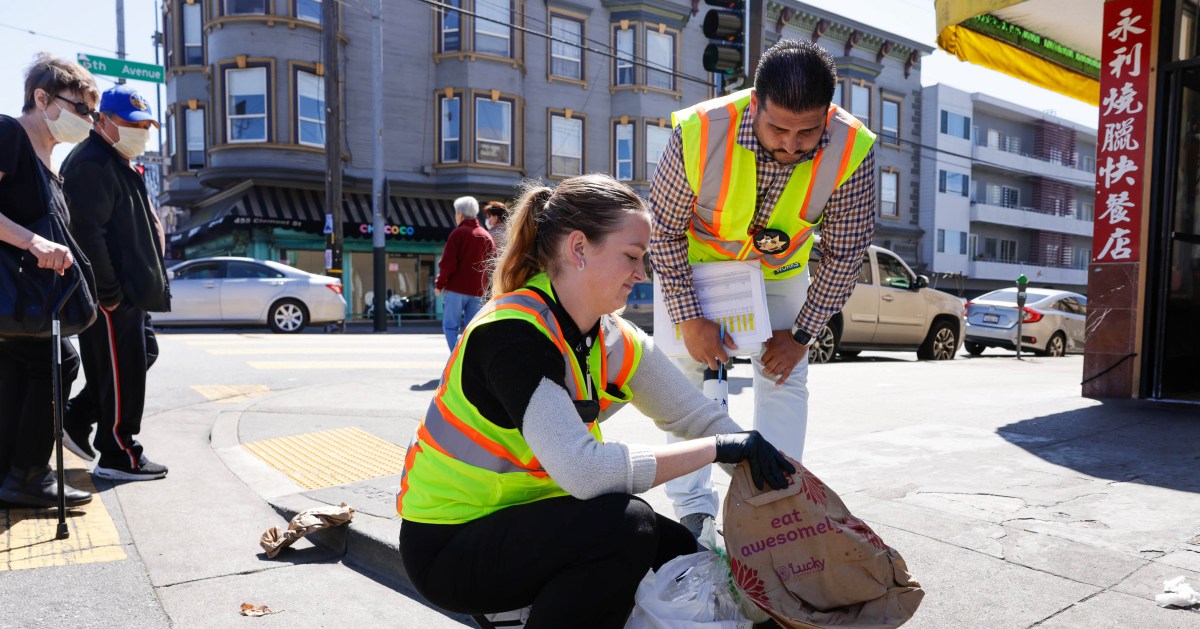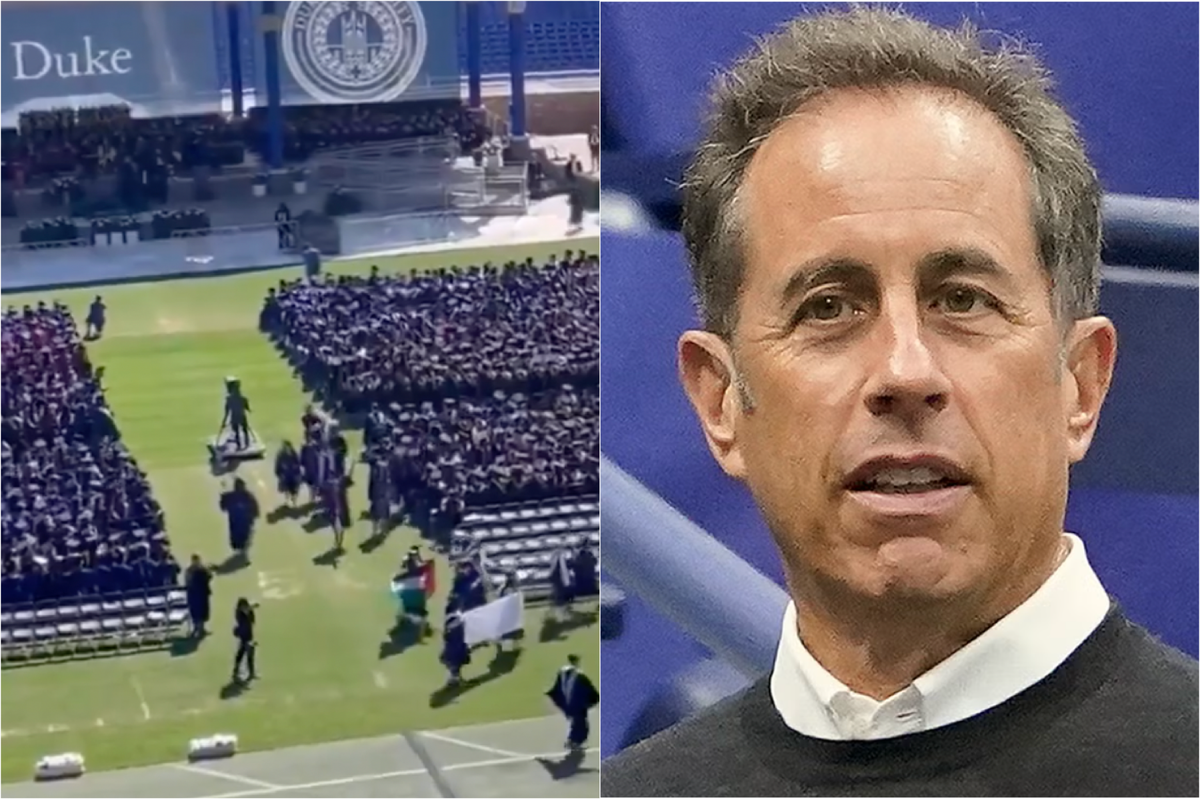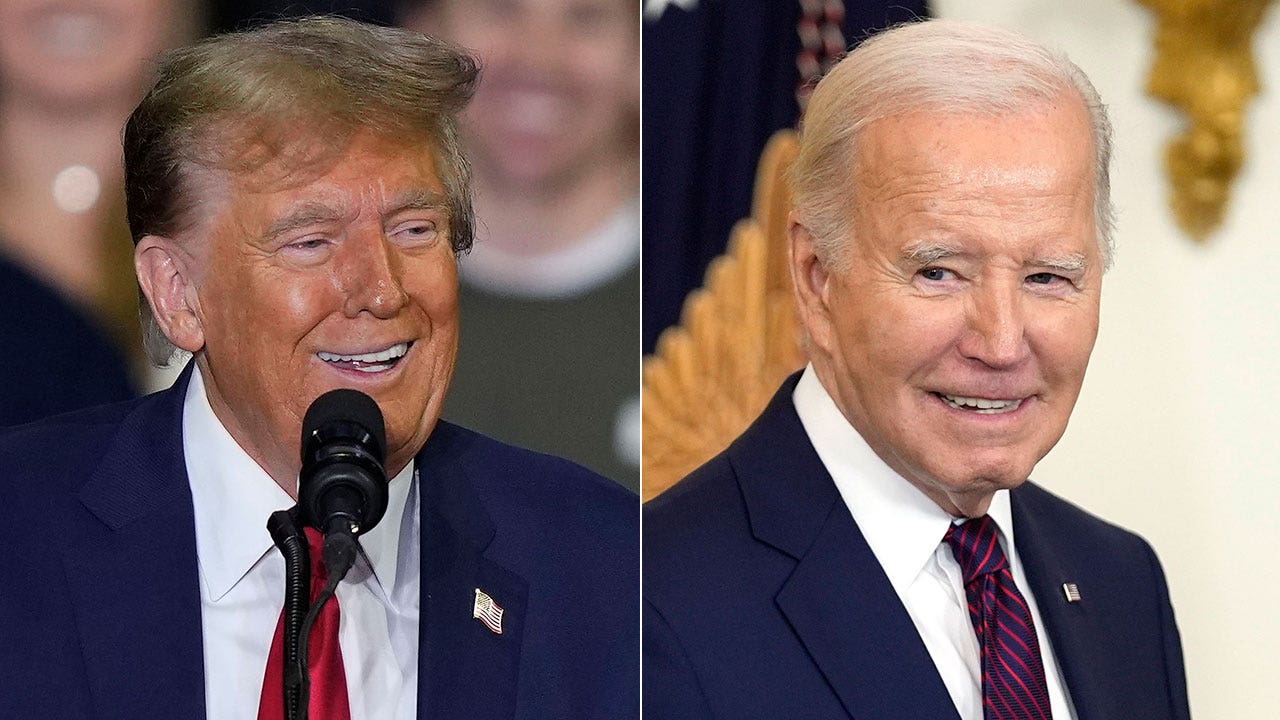Maryland
Climate advocates hope to clean up Maryland’s renewable energy by taking out the trash

For years, Maryland climate activists have fought to repeal a law passed in 2011 meant to encourage the construction of new trash incinerators in Frederick County and South Baltimore, which were never built.
The law subsidizes burning trash to create energy as renewable, placing it on par with wind and solar, despite the carbon emissions and air pollution it releases. The activists want to kill that subsidy and reserve the money for solar panels and wind turbines, as the state pursues significant reductions in carbon emissions in coming years.
This year, environmentalists began the General Assembly session with renewed hope.
The Maryland Department of the Environment released a massive climate plan in December, and inside it, the idea of removing trash-burning from “Tier 1” of the state’s renewables portfolio received support from state government for the first time. Also, this year’s legislation to address the issue focuses solely on nixing waste-burning, instead of pursuing other reforms at the same time. Some legislators said that could make the Reclaim Renewable Energy Act easier to advance than previous attempts.
But time is running short, with a deadline looming Monday for the bill to pass either the House of Delegates or the Senate — or face a dramatically narrower channel to passage. The bill remains in committee in both chambers, with no pledges from the administration of Democratic Gov. Wes Moore or legislative leaders that it will move forward.
“This is the year. Communities can’t afford to wait,” said Carlos Sanchez, a young activist and lifelong resident of South Baltimore’s Lakeland neighborhood, who grew up with a trash incinerator’s smokestack on the skyline. “This is like the seventh year that the General Assembly is considering the bill, and it would be just unfair to make us fight again for an eighth.”
The governor’s office did not address the legislation when asked specifically about it, while saying Moore “looks forward to reviewing legislation that passes through the state legislature this session” and “enacting legislation that is in the best interest of all Marylanders.” Neither Senate President Bill Ferguson’s office nor Del. C.T. Wilson, chair of the economic matters committee that is handling the bill on the House side, responded to requests for comment.
When Maryland debuted its renewable energy subsidy program in 2004, waste-burning was placed in a lower tier, beneath wind, solar and geothermal energy. For incinerators, the incentive also had an end date attached: 2018. But in 2011, with new incinerator proposals under consideration in Maryland — including the second trash incinerator for South Baltimore — industry lobbyists argued that trash-burning should be elevated. And Maryland legislators agreed.
Amid community pushback, a new Baltimore incinerator was never constructed. But the renewable energy designation continues to frustrate communities surrounding the facility in Westport, now operated by a company called WIN Waste. Though municipal waste incinerators produce energy, they also release greenhouse gas emissions and other pollutants, including particulate matter, mercury, lead and carbon monoxide. The WIN Waste incinerator has been categorized as Baltimore’s biggest single source of air pollution.
WIN Waste opposes the effort to change Maryland’s renewable portfolio, as does Covanta, which runs Maryland’s other waste incinerator, owned by Montgomery County.
In testimony to the General Assembly, WIN Waste argued that burning trash to create energy offsets the burning of fossil fuels for power, though it isn’t as clean as solar panels and wind turbines. The practice is also an improvement over hauling waste to landfills, particularly if that waste must travel long distances, company officials said. They point to the federal Environmental Protection Agency’s waste hierarchy, which still places so-called “waste-to-energy” over landfilling, to the ire of environmental groups focused on the health and climate harms of incineration.
WIN Waste also touted $45 million in recent facility upgrades, including to the facility’s pollution control system, and $1 million in annual donations to environmental programs and other community initiatives in the city.
WIN Waste received $4.2 million through the state’s renewable energy purchase program in 2022, the latest year for which data was available, according to an analysis of state data by Public Employees for Environmental Responsibility and other nonprofits. WIN declined to confirm the figure, but said, the payments “represent a small percentage of the cost to convert waste to energy, but are a significant contributor to our charitable gifts, nonprofit partnerships, environmental upgrades and to offer competitive wages to our local team members,” WIN Waste spokesperson Mary Urban said in a statement.
Both of the incinerator companies operating in Maryland make millions in annual profits, said Del. Vaughn Stewart, a Montgomery County Democrat who sponsored this year’s legislation. Neither company has argued that losing the subsidies would cause a shutdown, he said.
“They will not feel this hit. They will not even know it’s gone,” Stewart said. “They still want the money, but that’s because they have a fiduciary duty to maximize shareholder value.”
It wouldn’t be the first time the legislature reduced the renewables portfolio. In 2021, lawmakers nixed black liquor, a sludge byproduct of the paper-making process that can be burned to create energy.
Climate advocates argue leaving trash incineration in the renewables mix crowds out other, cleaner power sources that could be bolstered by the payments. As of the most recent reporting year in 2022, trash incineration made up about 7% of the payments.
The analysis from PEER found that incinerators have received $100 million through the Maryland program since 2012. The nonprofit’s projections indicate that such payments could balloon due to rising costs, with an additional $200 million spent by 2030, even though the amount of energy produced by the incinerators per credit they receive isn’t increasing.
Leaving trash incineration in the renewable category has other side effects, said Jennifer Kunze, Maryland organizing director with Clean Water Action. For one thing, she said, it taints the governor’s goal of getting the state to rely 100% on clean energy by 2035.
“We really need to deal with the trash incinerator question this year in 2024 to clear the way to be able to have a strong campaign for 100% clean energy,” Kunze said.
Also, in a year where the budget is tight, the bill should have an advantage, Kunze said.
“This is a bill that makes hundreds of millions of dollars over the next decade available to support renewable energy without costing the state a cent,” Kunze said.

Meanwhile, MDE’s climate plan warns that $1 billion annually will be needed for the state to achieve its climate goals, including a 60% reduction in greenhouse gas emissions by 2031 and net-zero carbon emissions by 2045.
In the eyes of WIN Waste, Urban said, trash incineration should be left in the state’s renewable energy portfolio because it is a category with significant in-state generation, compared to other categories.
By subsidizing WIN Waste, Maryland ratepayers are supporting a facility that provides 80 full-time jobs to Marylanders, Urban said, while addressing the waste management needs of Baltimore and surrounding jurisdictions, some of which are struggling with landfill capacity woes.
“We feel like we fit in it, in numerous ways,” Urban said.
Many local advocates are pushing for an end to waste incineration in the city. In 2021, when the WIN Waste incinerator’s contract was up for consideration, local groups called for the city not to renew it. Instead, the city gave the facility a green light for another 10 years.
Democratic Mayor Brandon Scott has vowed to shift the city from incineration over the next decade. But the incinerator likely would continue operating in the absence of similar pledges from the other jurisdictions that send it trash.
With a major increase in infrastructure for composting and recycling, such as a citywide food scrap collection program, and a resident education campaign, the city could end its reliance on the incinerator, said Dante Swinton, an environmental activist and executive director of the nonprofit Our Zero Waste Future.
This year’s General Assembly bill won’t accomplish that, but it would set the state on a positive trajectory, Swinton said.
“Every time it seems like we’re going somewhere with [the bill], there’s always a group of folks who buy into this idea that we desperately need the incinerator, we’ll be totally screwed if we don’t have it,” he said.
“I hope we just have a few more voices willing to go against the status quo,” Swinton said.

Maryland
Maryland Apple Store employees vote to authorize strike over working conditions

TOWSON, Md. (AP) — Workers at the first Apple Store to unionize have now also authorized a first strike against the tech giant’s retail operations.
Apple Store workers in Towson, Maryland, voted late Saturday to authorize a strike, according to a statement from the International Association of Machinists and Aerospace Workers’ Coalition of Organized Retail Employees, which represents the workers.
No date was set for the strike. The vote followed what the union called “over a year of negotiations with Apple management that yielded unsatisfactory outcomes.”
According to the statement, the workers are seeking changes in what they call “unpredictable” scheduling practices and wages that align with the local cost of living.
“We deeply value our team members and we’re proud to provide them with industry leading compensation and exceptional benefits,” Apple said in a statement provided by a spokesperson. “As always, we will engage with the union representing our team in Towson respectfully and in good faith.”
Workers at the store in the Baltimore suburbs voted by a nearly 2-to-1 margin to unionize in June 2022, joining a growing push across U.S. retail, service and tech industries to organize for greater workplace protections.
Maryland
Apple Store employees in Maryland, US, may see its first-ever strike, here are the demands – Times of India

This is a significant development in the growing movement to unionize retail and tech workers across the United States.The Towson store voted to unionize in June 2022, and according to CORE, negotiations with Apple management haven’t produced satisfactory results after “over a year.”
While a strike date hasn’t been announced, the authorization vote empowers workers to walk off the job if an agreement isn’t reached. The core issues remain unclear, but the union likely seeks improvements in areas like wages, benefits, or scheduling.
Apple, in a statement, maintained they “deeply value our team members” and offer “industry leading compensation and exceptional benefits.” They also committed to “respectful and good faith” engagement with the union.
The Towson vote comes amid a busy weekend for Apple store unionization efforts. Another store vote resulted in rejecting unionization, highlighting the mixed bag of outcomes in the ongoing movement.
Maryland
Political panel: Key races in the Maryland primaries

In this week’s political panel, Democratic Strategist and Former Prince George’s County Executive Rushern Baker and first Vice Chair Of Maryland GOP Party Nicole Bennett are discussing the Maryland primaries, why the four empty congressional seats are important and how the race has changed over the week.
-

 World1 week ago
World1 week agoBrussels, my love? Champage cracked open to celebrate the Big Bang
-

 Politics1 week ago
Politics1 week agoAustralian lawmakers send letter urging Biden to drop case against Julian Assange on World Press Freedom Day
-
News1 week ago
A group of Republicans has united to defend the legitimacy of US elections and those who run them
-

 Education1 week ago
Education1 week agoHow Counterprotesters at U.C.L.A. Provoked Violence, Unchecked for Hours
-

 Politics1 week ago
Politics1 week agoHouse Dems seeking re-election seemingly reverse course, call on Biden to 'bring order to the southern border'
-

 World1 week ago
World1 week ago‘It’s going to be worse’: Brazil braces for more pain amid record flooding
-

 Politics1 week ago
Politics1 week ago'Stop the invasion': Migrant flights in battleground state ignite bipartisan backlash from lawmakers
-
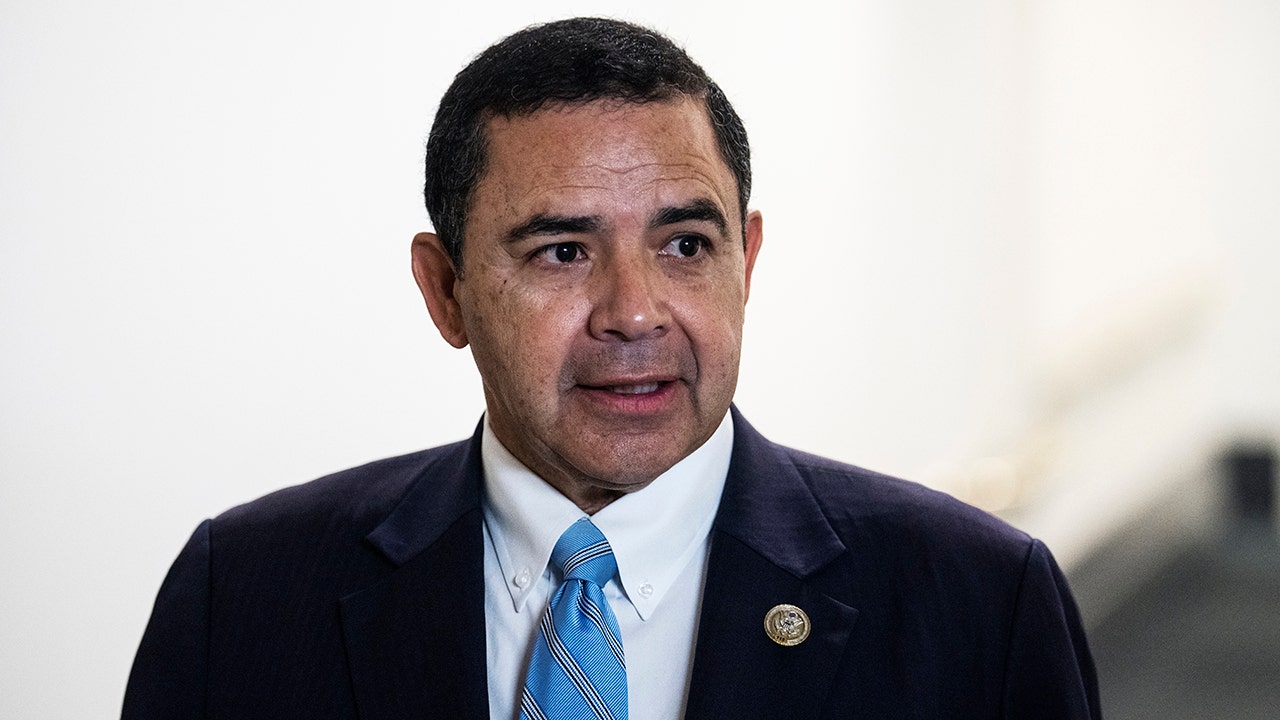
 Politics1 week ago
Politics1 week agoDemocratic Texas Rep. Henry Cuellar indicted by DOJ on conspiracy and bribery charges


